Cyber Security
TOP STORY
Media Alert
Press Release
Protecting Utah
Disinformation Stops With You
You have the power to stop misinformation and disinformation.
As part of a national initiative to protect the integrity and security of the 2020 election, the Department of Homeland Security’s Cybersecurity and Infrastructure Security Agency (CISA) is working with national partners to build resilience to election interferences, particularly information activities (e.g., disinformation, misinformation).
The Department of Public Safety’s Statewide Information and Analysis Center analysts and Cyber Crime Teams wanted to share ways in which you can help stop misinformation and disinformation.
GET THE FACTS AT VOTE.UTAH.GOV
Where can you find the facts?
Your source for trusted information about elections is https://vote.utah.gov where you can
- Learn how you can vote
- Track your mail or provisional ballot
- Register to vote or update your registration
- Update your ballot mailing address
- Learn about the candidates and issues
WHAT ARE THE DIFFERENT KINDS OF FALSE INFORMATION?
MISINFORMATION is false, but not created or shared with the intention of causing harm.
MALINFORMATION is based on fact, but used out of context to mislead, harm, or manipulate.
DISINFORMATION is deliberately created to mislead, harm, or manipulate a person, social group, organization, or country.
WHAT CAN YOU DO TO STOP THE SPREAD OF FALSE INFORMATION?
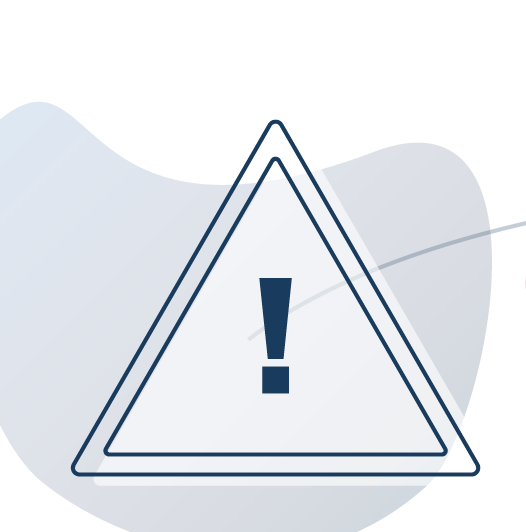
RECOGNIZE THE RISK
Understand how bad actors try to affect behavior.
Bad actors might build an audience by starting or joining groups and spreading entertaining, non-controversial content.
Eventually, they sprinkle in disinformation and steer followers to more extreme positions.
The same actor will do this in many groups and pit them against each other.
Get more details on how to Recognize the Risk here.

QUESTION THE SOURCE
Check who produced the content and question their intent.
Rely on trusted sources.
For election information and polling place health and safety, rely on official election websites and verified social media accounts.
Bad actors and foreign actors can spend a lot of money to make disinformation seem like entertainment or news.
If they are foreign actors, U.S. laws require such agents engaged in political activities to disclose their relation to foreign governments.
Look for those disclosures and think about what slant that relationship might put on how they report before accepting it as truth or linking to it online.
Get more details on how to Question the Source here.

INVESTIGATE THE ISSUE
Search for other reliable sources before sharing.
Do a quick search for other reliable sources before sharing a controversial or emotionally charged article, post, tweet, or meme you read.
Studies show that being well informed requires getting information from many places.
If it isn’t from a credible source or if you can’t find a second reliable source, don’t share it.
Get more details on how to Investigate the Issue here.
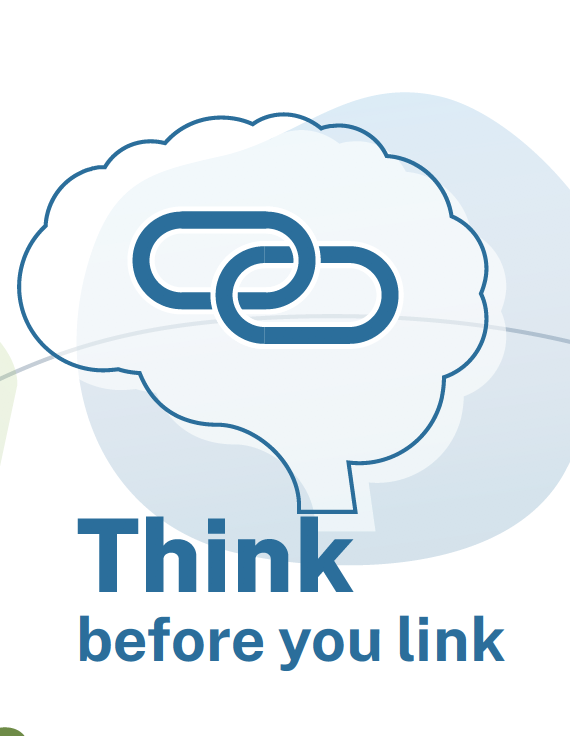
THINK BEFORE YOU LINK
Ask yourself why you’re sharing—and let your emotions cool.
Be careful what you post.
Be mindful of what you are sharing or posting online—make sure you are not sharing content broadly that you mean only for close family and friends.
Disinformation is designed to make you feel angry, shocked, or smug – always ask yourself why you’re sharing first.
Are you posting to improve the conversation? Taking no action can be the best way to improve a discussion and thwart disinformation.
Get more details about how you can Think Before You Link here.

TALK TO YOUR CIRCLE
Talk with your social circle about the risks of spreading disinformation.
It’s probably not worth engaging with every piece of disinformation, but if you are concerned with its spread you may want to speak out.
Share what you know about the risks of spreading disinformation and how you handle it.
Confronting with emotion may backfire, so when possible, combine humor with facts.
Get more details about how to Talk To Your Circle here.
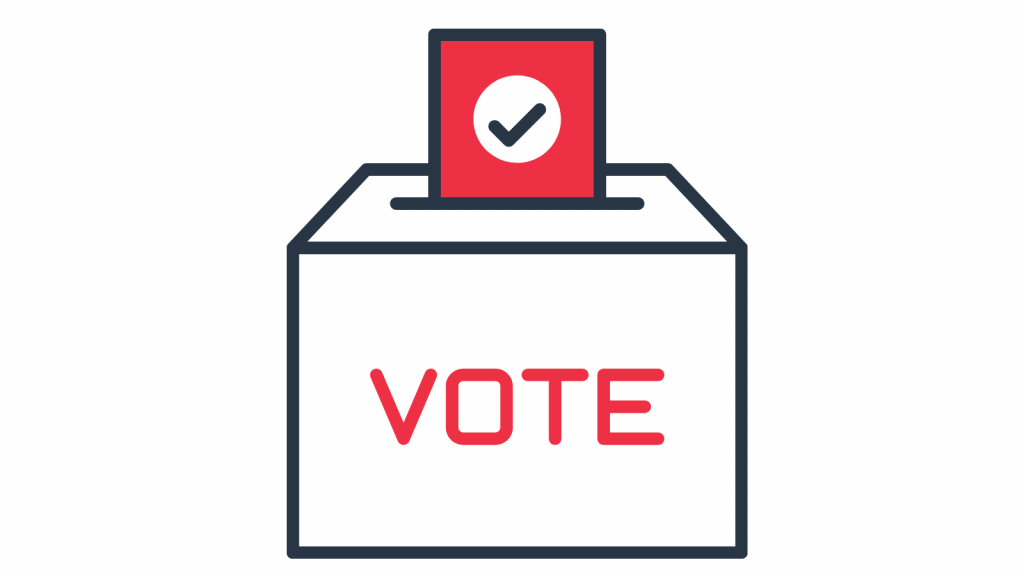
BE A PREPARED, PARTICIPATING AND PATIENT VOTER
The 2020 election will look different from those in the past.
Have a plan for casting your vote; understand your options, be it voting by mail, in-person early, or on Election Day.
Get involved as a poll worker to support the democratic process.
Recognize that official results will take longer than in past elections in some states.

BE WARY OF MANIPULATIVE CONTENT
Watch out for emotionally manipulative content designed to make us
angry or sad.
Take care when viewing or sharing content that uses sensational terms intended to cause mistrust and division.
Take a moment before sharing a link, email, or other messages.
PROTECT2020 INITIATIVE
The Department of Homeland Security’s Cybersecurity and Infrastructure Security Agency (CISA) – the lead federal agency responsible for national election security – has initiated a national call to action to enhance the integrity and resilience of the Nation’s election infrastructure, and ensure the confidentiality, truthfulness, and accuracy of the free and fair elections necessary for our American way of life. The initiative is called Protect2020 and you can read the strategic plan here.
As part of the effort to Protect2020, CISA is working with national partners to build resilience to bad and foreign interferences, particularly information activities (e.g., disinformation, misinformation). The Department views bad and foreign interference as malign actions taken by foreign governments or bad actors designed to sow discord, manipulate public discourse, discredit the electoral system, bias the development of policy, or disrupt markets for the purpose of undermining the interests of the United States and its allies. Responding to bad and foreign interference requires a whole of society approach.
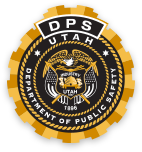
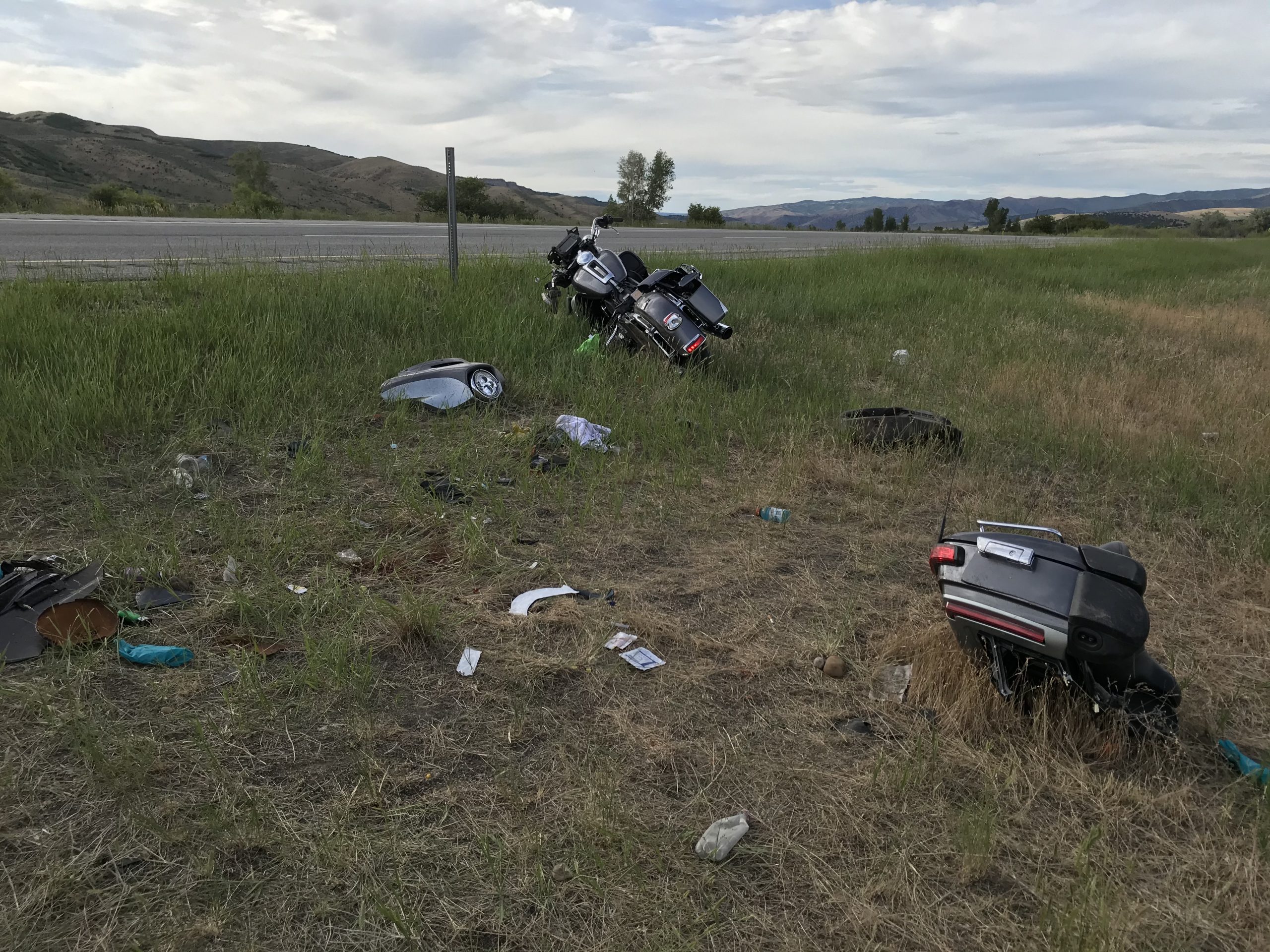
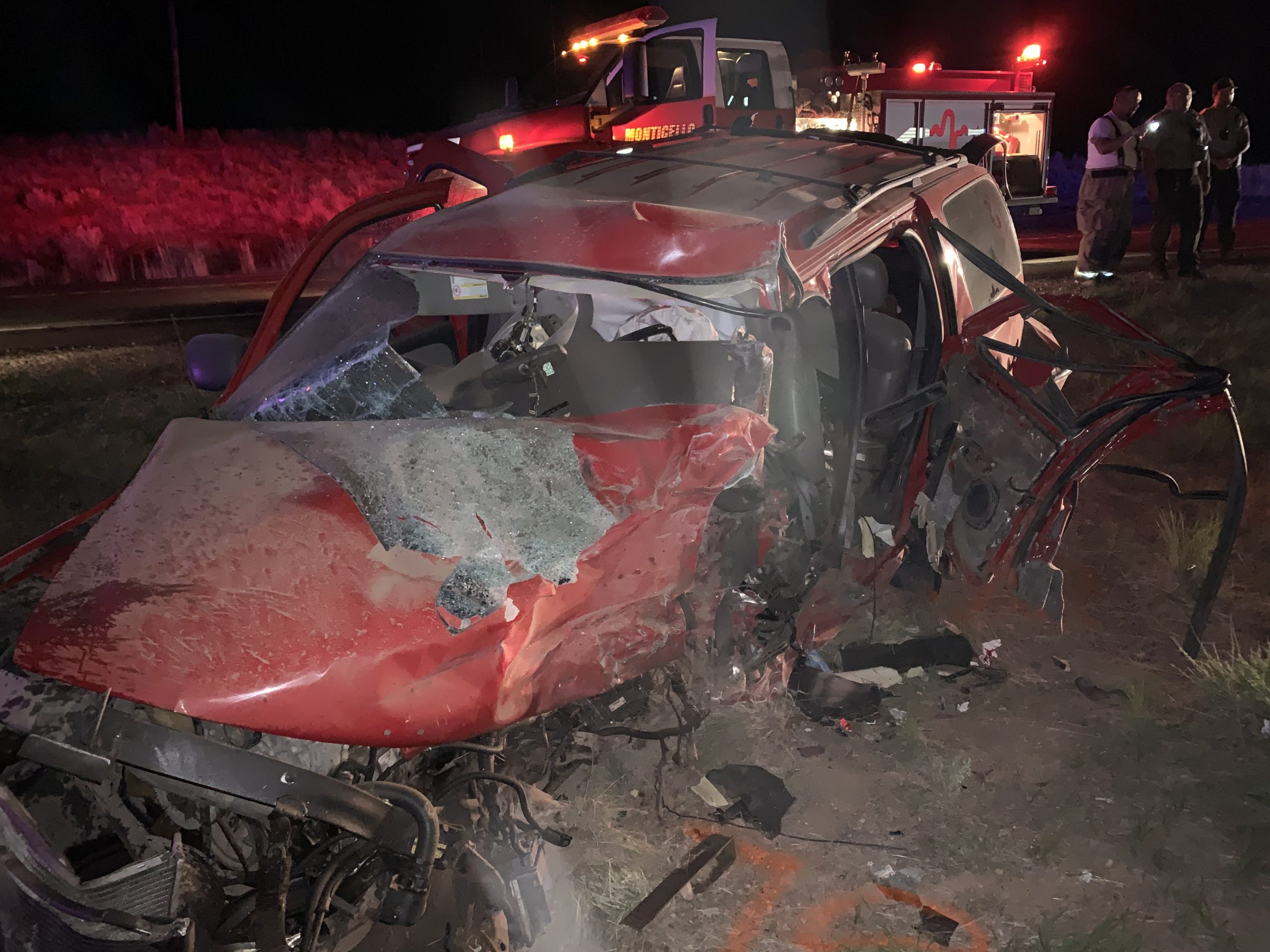
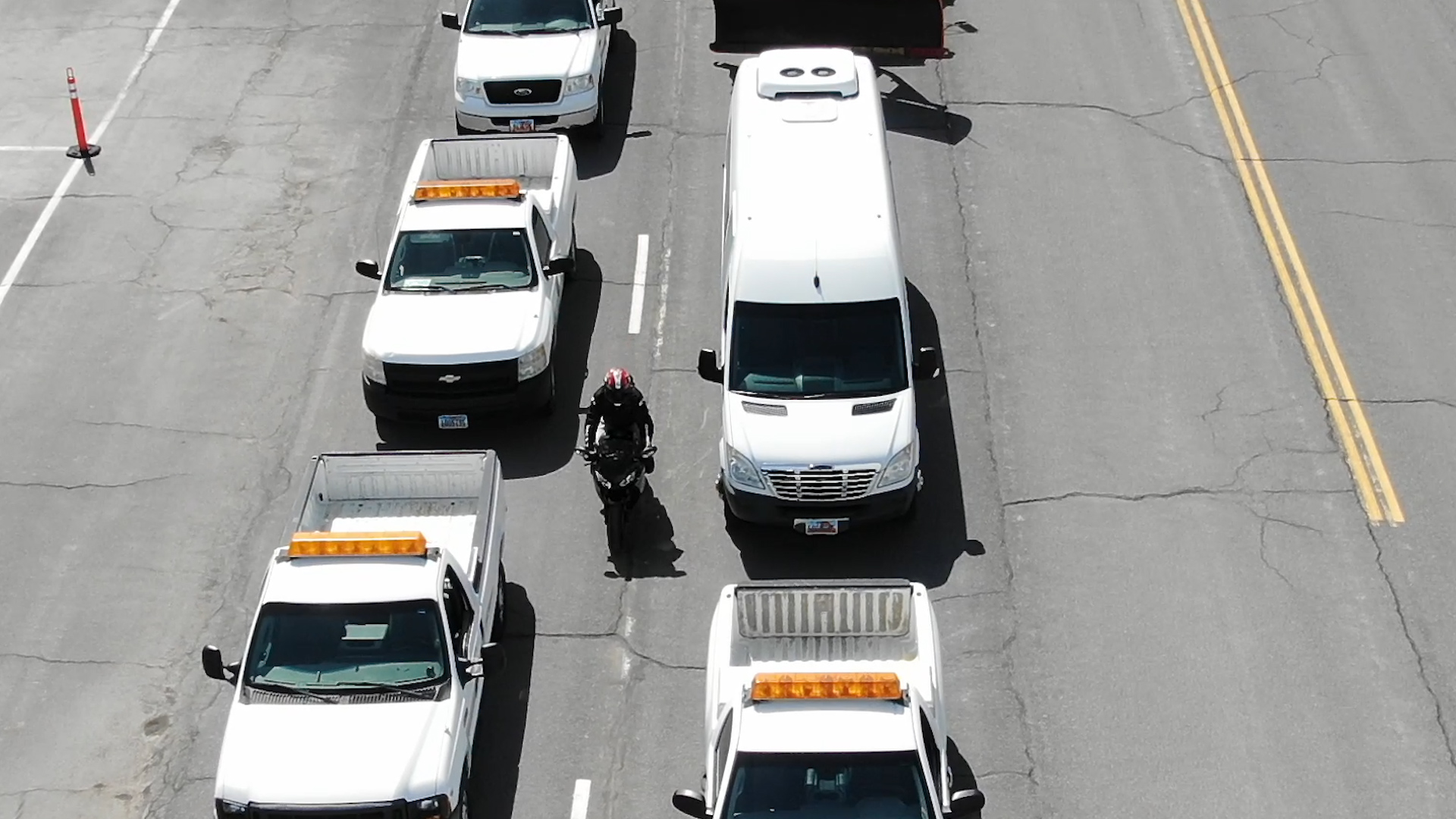
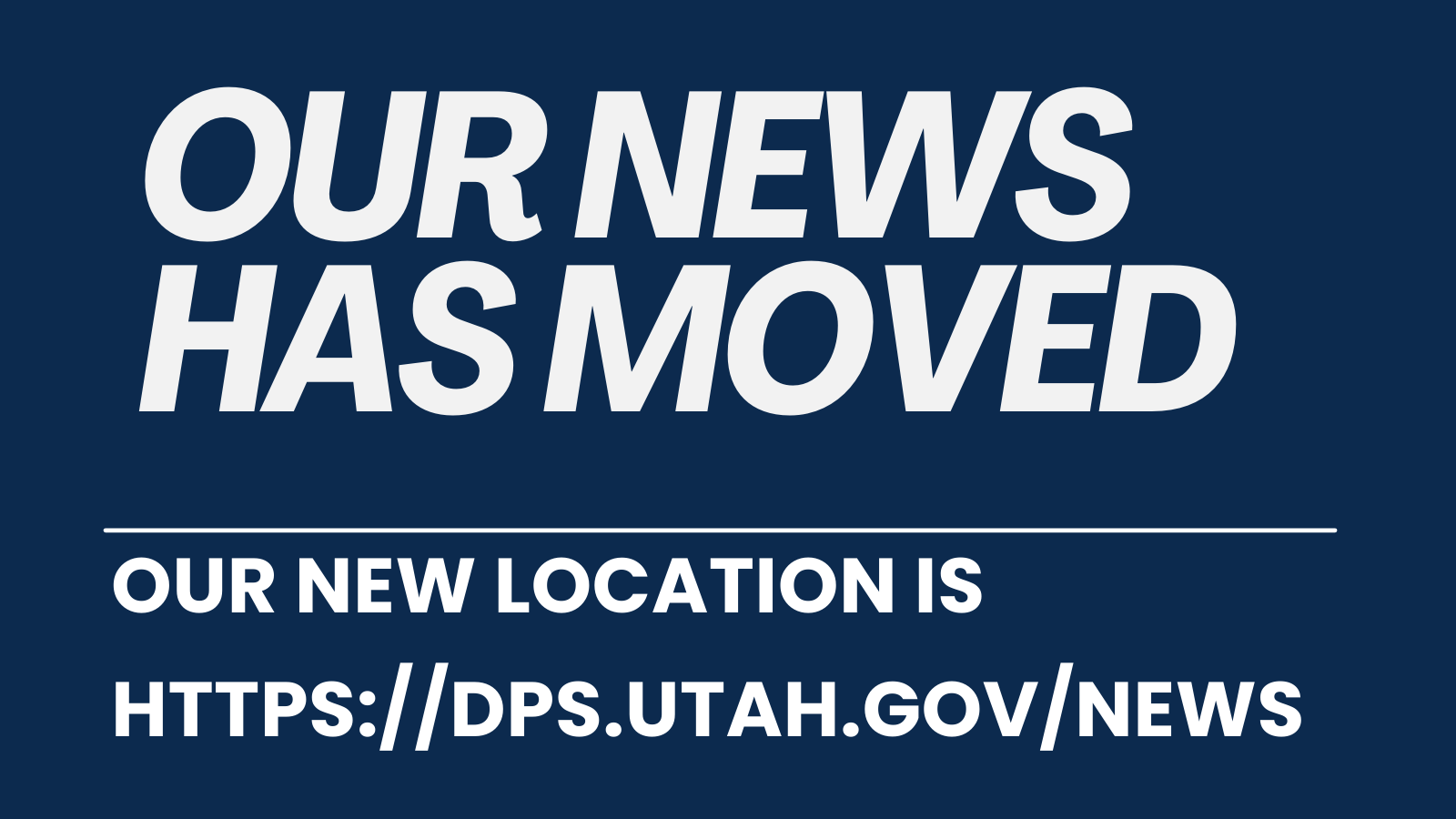
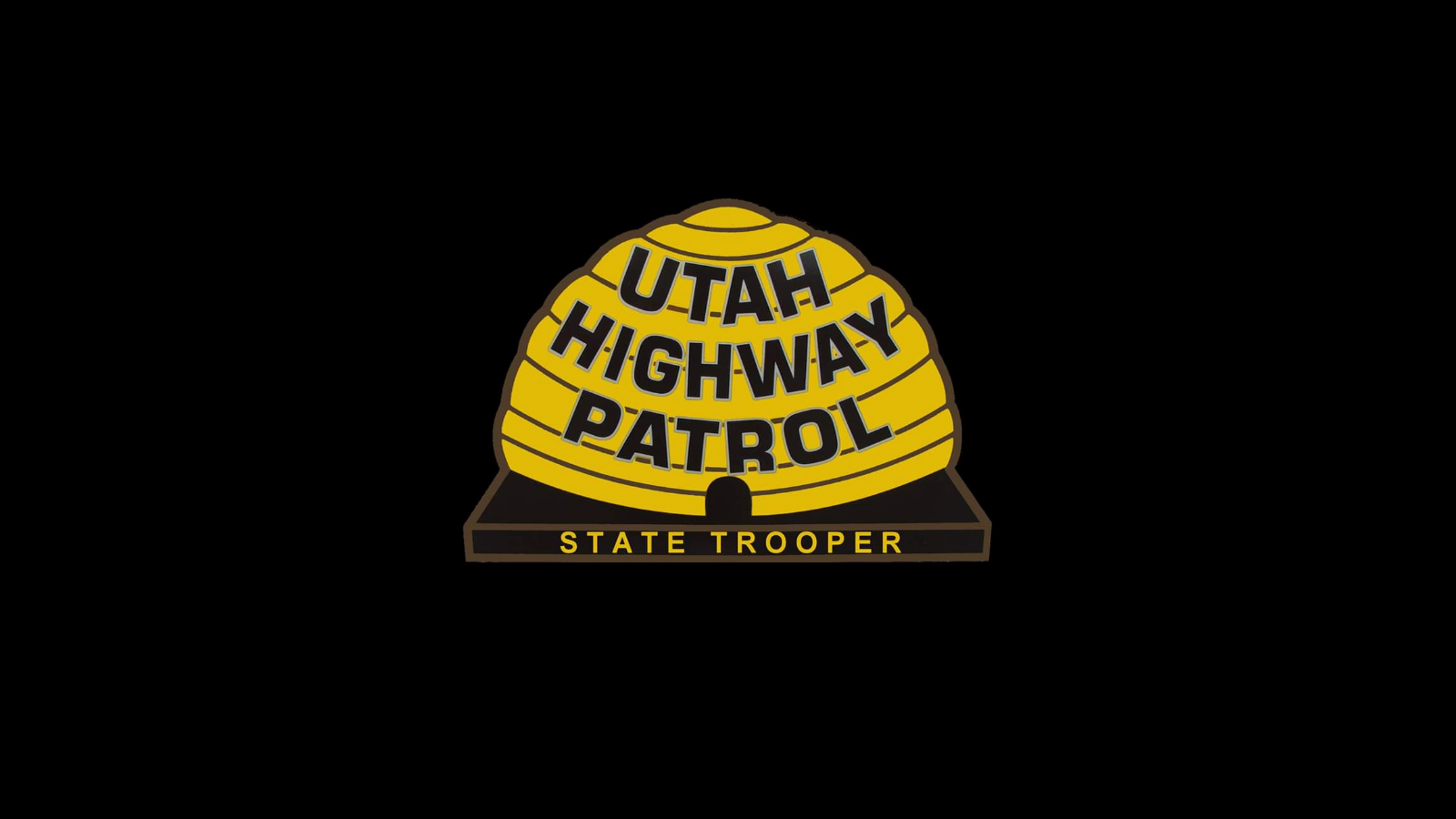
SHARE THIS MEDIA ALERT